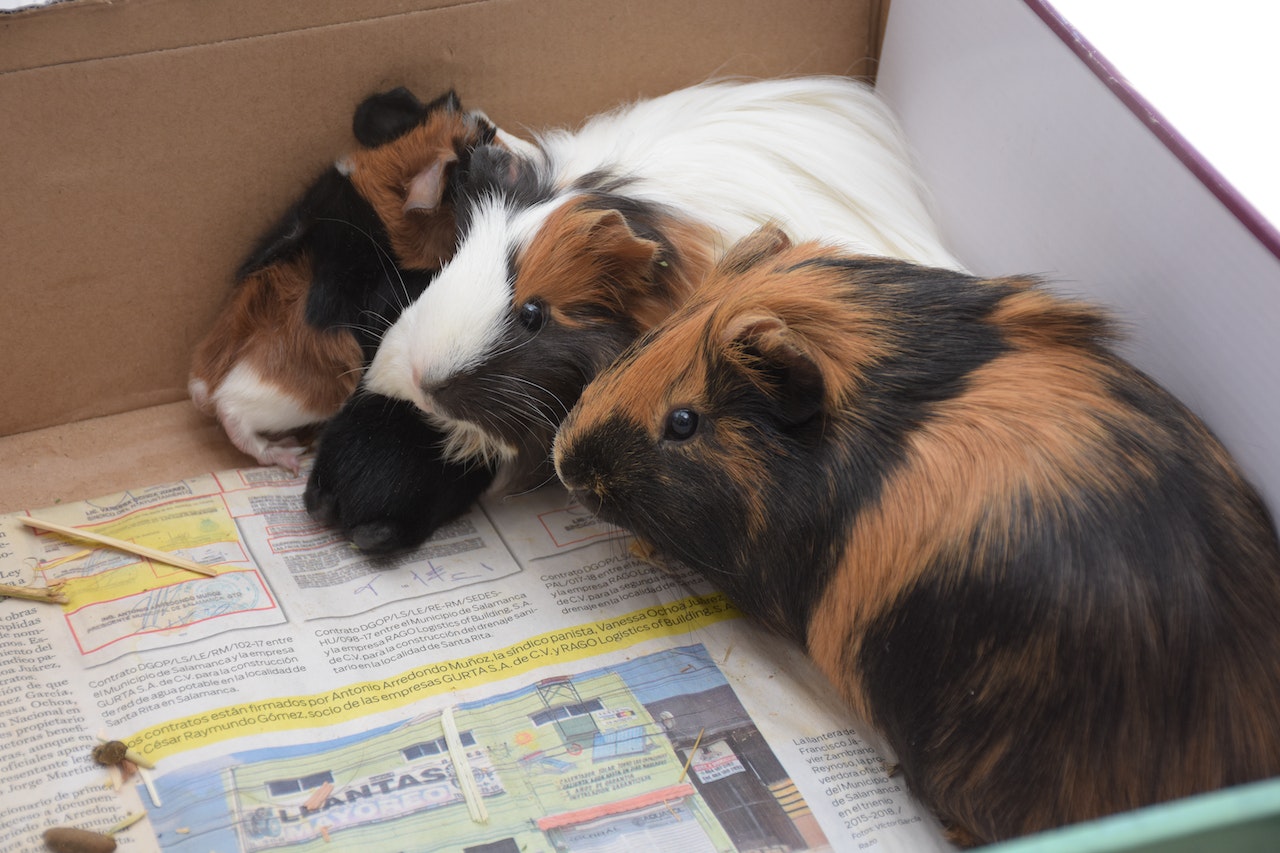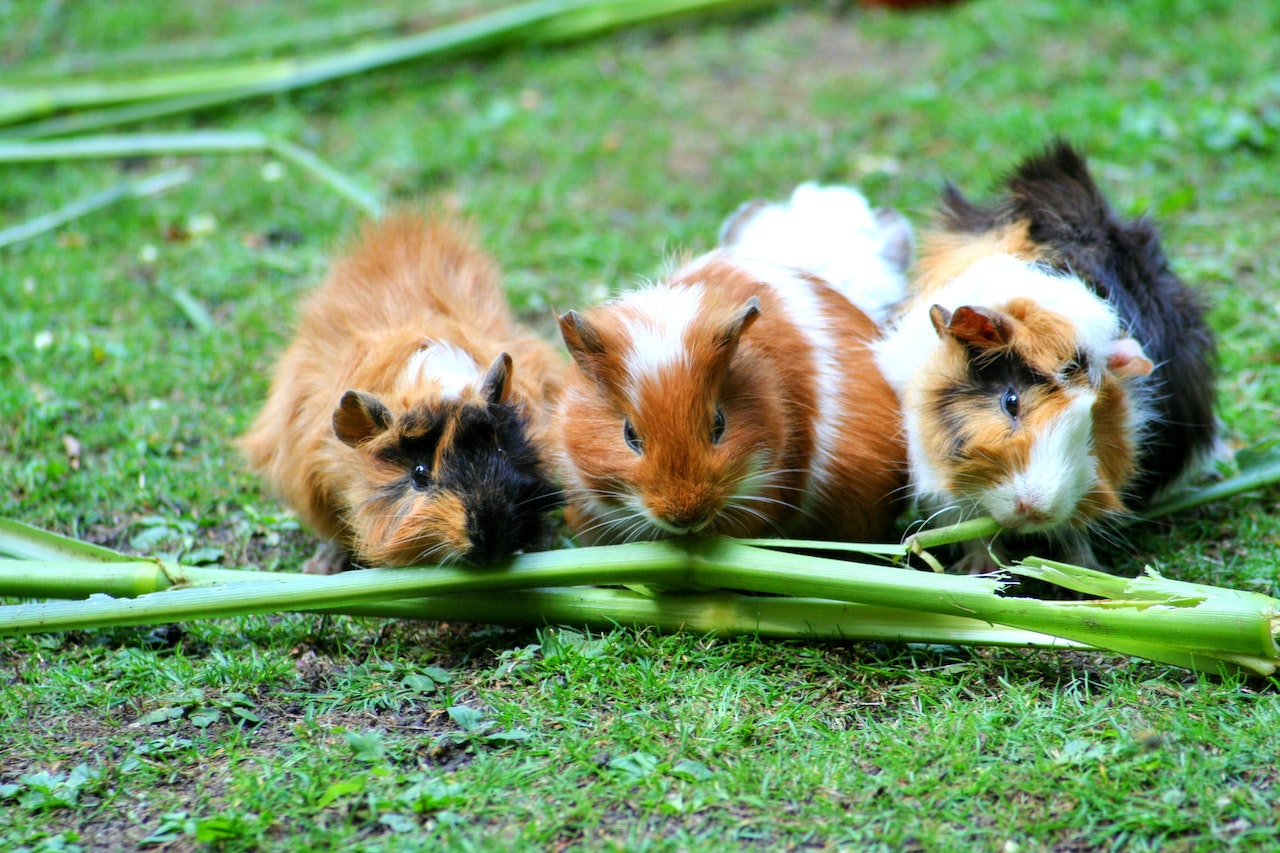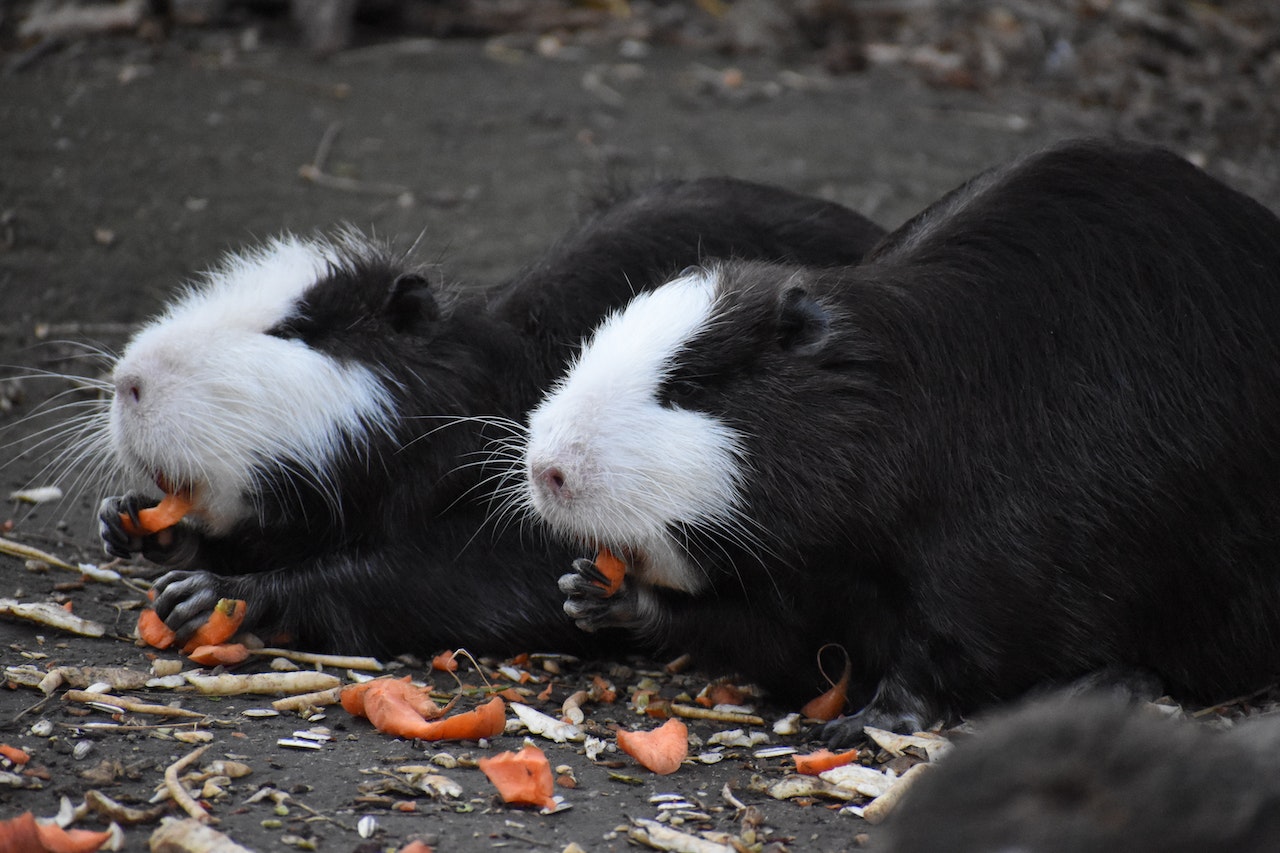
Peaches, also known as Pruna persica are small fruit that has a fuzzy peel unlike nectarines, they also have sweet or white-yellow flesh. This particular fruit is related to apricots, almonds, cherries, plums, etc. Hence, they are all from the genus Pruna. Peaches are fabulous since people have different ways of utilizing them. They can be eaten fresh whole, used in fruit salads, poached, added to curries, dried, made into wine, jam, jelly, or pureed to make peach nectar.
Due to their various uses, peaches have been studied and it has been established that it has various beneficial nutrients like Potassium, fiber, and vitamins A, C, and E which are all in abundance in them. The carotenoids lutein, zeaxanthin, and beta-carotene are also present. However, since humans benefit greatly from peaches, can the same be also said about guinea pigs? Can guinea pigs eat peaches? This article will enlighten you more about all you need to know about this topic.
Can guinea pigs eat peaches?
Yes, guinea pigs can eat peaches, but they should only be fed in small quantities since they contain some specific nutrients in excess amounts. Peaches are refreshing and tasty treats for your pets just like humans. Due to their texture and taste, your little cavies can gobble as many portions as their stomach can contain even if it causes a lot of serious health risks for your little cavies. Peaches contain a high sugar proportion, and this can be dangerous for your pets in high proportion. They also contain a pit or stone as a core which should always be removed before serving it to your pets since they contain Cyanide and can also lead to choking hazards. Hence, pet owners should be aware of the right way of feeding these particular fruits to their little cavies.

Can Guinea Pigs Eat Peaches Skin, Stem, Leaves, Seeds
Yes, guinea pigs can eat the skin of peaches. While both the flesh and the skin are nutritious for your little cavies, the skin includes more antioxidants, which can assist the body fight free radicals. As a result of that, the peaches must be thoroughly washed to get the most health advantages from them.
Unfortunately, the skin, stem, and leaves of peaches can not be eaten by them. The stem and leaves of peaches are hard, and they have very rough edges and textures. They also contain a toxic chemical called amygdalin and this is dangerous when consumed by your little cavies. The size of the core/seed of peaches also makes them dangerous for your little cavies because it causes choking hazards. Also, this core contains cyanide and this is one of the nutrients your little cavies do not need in their body system.
What is the right proportion of feeding peaches to your guinea pigs?
Peaches, are known for their sweetness and tastiness, and due to this guinea pigs can gobble as many as they like ignoring the consequences of their actions. However, it is the responsibility of pet owners to provide only the amount suitable for their daily or weekly consumption for them rather than leaving them alone to feast on the garden of peaches. Hence, peaches should be given to guinea pigs 1-2 times a week for a healthy diet. For an effectively balanced diet, a normal serving that consists of a few slices or a few small chunks is enough for a healthy guinea pig.
If you are just introducing this fruit to your pets, you should place them under 24-hour observation to watch out for any possible allergy reaction that can arise from feeding peaches to guinea pigs
What are the health benefits of feeding peaches to guinea pigs
Improve weight loss
Peaches have no saturated fats, cholesterol, or sodium and have a calorie count of less than 40 (per 100gm). 85% of a peach is water only. Even the fiber content in peaches helps your little cavies to avoid overeating. As a result, it helps them to stay at a healthy weight. Peaches are also low in calories and fat-free which makes them ideal for weight loss.
Promotes healthy heart and bones
Potassium (190 mg per 100gm) is a mineral found in cells and body fluids that aids in the regulation of heart rate and blood pressure. Peach extracts help them to lower cholesterol and high blood pressure since peaches are high in potassium. They also help to prevent kidney stones and maintain bone health.
Aids proper digestion
Both soluble and insoluble fiber can be found in peaches. Soluble fiber helps to control blood sugar levels and cholesterol levels. Insoluble fiber promotes digestion and helps your little cavies to get rid of constipation. Eating its skin can increase its fiber intake.
Improves their immunity level
Peaches are rich in antioxidants including Vitamin C, Polyphenols, and Carotenoids. Antioxidant-rich diet protects the body against illness and early aging. So, consuming peaches helps them to boost their immunity. One medium-sized peach has 13% of the Vitamin C they need however, a small bit here and there is enough to satisfy their vitamin C for that period. This nutrient also helps their body heal wounds easily and keeps their immune system going great.
Promotes good eyesight and skin
Vitamin A and Beta-Carotene are rich in peaches. Beta-Carotene is a pro-vitamin, which gets converted into Vitamin A inside the body. Vitamin A is required for the treatment of night vision problems as well as the maintenance of healthy mucus membranes and skin. Vitamin A-rich fruits, such as peaches, also protect your little cavies from lung and oral cancers.
Possible health risks of feeding peaches to guinea pigs
Digestive problem
Peaches are enriched with high amounts of sugar and some other nutrients, and too much of these fruit in your pet's digestive system may cause digestive problems like diarrhea, diabetes, cramps, bloating, gas, stool, etc
Urinary problem
Peaches also have a trace of toxic substances present in their core or seed. This toxic substance is called cyanide, and it can only cause urinary damage if they ingest the cyanogenic glycosides present in the core.
Conclusion
Guinea pigs can eat peaches but only in moderation. This is due to the amount of sugar content present in them which can cause detrimental health risks to your little cavies. However, if you follow the standard proportion of feeding these fruits to your cavies, they will offer various health benefits for your pets. Other information regarding these fruits has also been discussed above.



